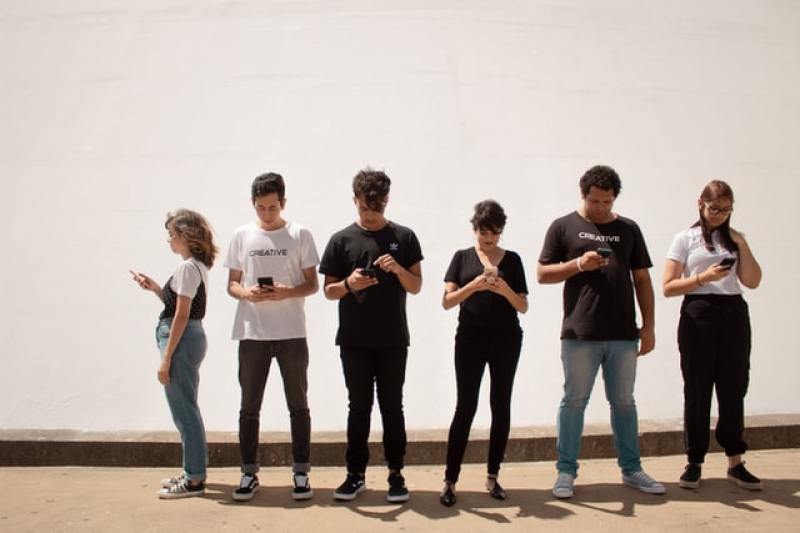
Sadly, about nine out of every ten young people said they did not hear from a religious leader throughout the pandemic, research has found.
In February 2021, Springtide Research Institute polled 2,500 members of Generation Z about their thoughts on and experiences of the pandemic, Christian Headlines reported.
10% of the young people in the research said a religious leader or clergy member had not stopped by to see them. Only 14% of those polled claimed they had gone to a religious organization because they were overwhelmed and didn't know what to do.
Josh Packard, Springtide's executive director said that young people will find it difficult to "pick up where they left off."
"There's just a whole lot of things that they missed," he said. "They're not getting back to some sort of normality. And they need help processing that, to make sense of it and understanding their lives now."
Despite the fact that 90% reported getting no personal contact from clergy, faith-based institutions, notwithstanding, outscored other organizations in the demographics under the age of thirty in terms of how they expected to tackle the pandemic. The research found that 50 % of participants believed that their religious community had done "a great job navigating the pandemic."
Of those who believed the government did not do its utmost to safeguard individuals, two-thirds (65%) said the government could have done better. Additionally, almost half (57%) of respondents said they will have an even harder time trusting anybody, including their own relatives and friends, after witnessing how they responded to the epidemic.
But Packard was particularly encouraged by the study's conclusion that despite all the disruption, young people's personal faith remained rather stable. 47%) said their faith remained roughly the same through the crisis, slightly more than a quarter (26%) said it had become stronger, and slightly more than a quarter (27%) said they were questioning or had lost faith.
Additionally, 7 in 10 young people who were polled report a newfound respect for relationships, and as a result, they "won't take for granted relationships and opportunities the way they did before."
Packard claimed that, per the statistics, not all teenagers are eager to return to society. The most recent year has not just been marked by a plague of uncertainty, but by social unrest sparked by police brutality and a politicized electorate as well. Everyone has taken a hit as a result of everything.
"I think coming out of the pandemic, religious leaders and trusted adults would do well to remember that it's going to be stressful coming out just as it was going in," Packard pointed out. "Lots of people told us they were uneasy about coming out of the pandemic, that they felt like they might be asked to be in groups quicker than they were ready to be in."
Recommendations:
Springtide identified three ways to assist Gen Z cope on their website: "mentorship, meaning, and growth."
According to their gathered data, young people are hard-pressed to find mentors. Less than two-thirds of young people have someone who can show them what a fulfilling life looks like. As for meaning, 70% of the participants aged 13 to 17 surveyed for Springtide said they believed that work is not worth doing if it is not relevant to them.
Over two-thirds of young people feel it is crucial that their boss or supervisor gives them the opportunity to grow and develop.
Following on from their latest study, they've compiled eight practical tips for adults who want to reconnect with the younger generation and strengthen their empathetic abilities.






















